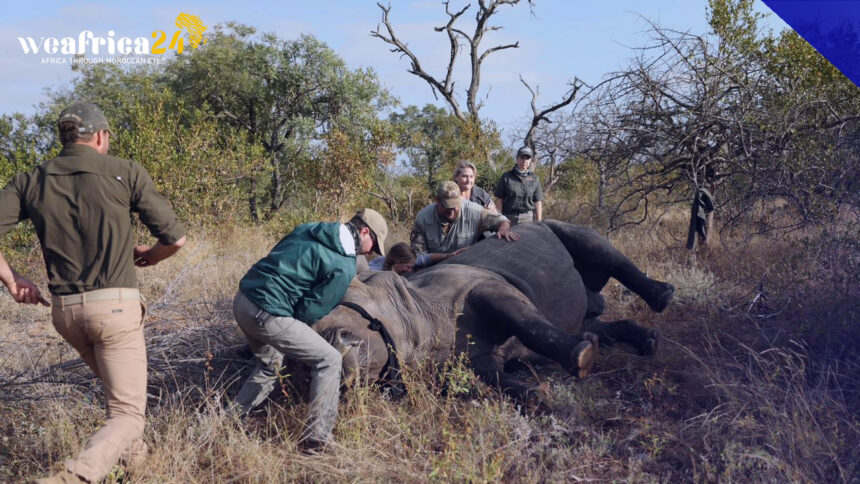Southern Africa, renowned for its diverse and awe-inspiring wildlife, is facing an escalating crisis: illegal hunting. Poaching and illicit wildlife trade have reached alarming levels, posing a grave threat to the region’s unique biodiversity and fragile ecosystems.
The Magnitude of the Problem
Illegal hunting, driven by the demand for exotic animal products and trophies, has taken a devastating toll on Southern Africa’s wildlife populations. Iconic species such as elephants, rhinoceroses, lions, and countless others have fallen victim to this ruthless trade. Poachers, often armed and organized, operate with audacity, exploiting remote areas and weak law enforcement to carry out their nefarious activities.
The Causes
Several factors contribute to the persistence of illegal hunting in Southern Africa. Poverty and economic disparities drive individuals into the trade, seeking lucrative profits. The demand for exotic animal products, driven by misguided beliefs and cultural practices, fuels the market. Inadequate legislation and enforcement, coupled with corruption, create an enabling environment for criminal networks to thrive.
Environmental Impact
The repercussions of illegal hunting extend beyond the loss of individual animal lives. The ecological balance of Southern Africa’s ecosystems is disrupted, affecting flora, fauna, and the intricate web of interdependence. Endangered species face extinction threats, disrupting the delicate harmony that sustains biodiversity.
Conservation Efforts and Challenges
Southern African countries, conservation organizations, and dedicated individuals have been at the forefront of efforts to combat illegal hunting. Anti-poaching units, community-based initiatives, and international collaborations have shown promising results. However, challenges persist, including limited resources, sophisticated poaching techniques, and the constant evolution of criminal networks. Sustained support, both financial and political, is imperative to bolster conservation efforts.
The Role of Communities and Education
Engaging local communities in conservation efforts is crucial for long-term success. By fostering awareness, providing alternative livelihoods, and empowering communities to protect their natural heritage, a sustainable shift can be achieved. Education plays a pivotal role in dispelling myths, promoting responsible tourism, and instilling a sense of stewardship among future generations.
International Cooperation
The fight against illegal hunting in Southern Africa requires a united global effort. Collaborative partnerships, intelligence sharing, and stringent measures to curb the demand for illegal wildlife products are essential. Governments, conservation organizations, and individuals worldwide must recognize the urgency of the situation and work together to halt this illicit trade.
The escalating threat of illegal hunting casts a shadow over Southern Africa’s wildlife heritage. Swift and resolute action is necessary to preserve and protect the region’s biodiversity. Through enhanced law enforcement, community engagement, education, and international cooperation, we can hope to reverse the devastating trend of illegal hunting. Together, we can safeguard Southern Africa’s natural treasures for generations to come and ensure a future where wildlife thrives in harmony with humanity.







